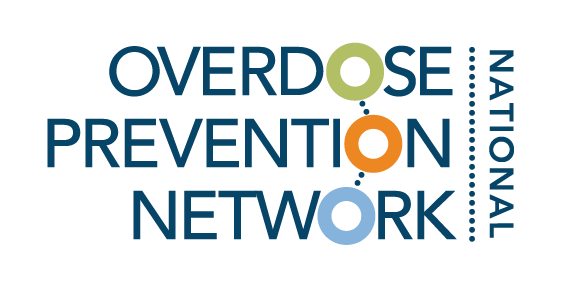
Resource Library
Toolkits, guides, and other resources vetted by experts in overdose prevention.
Filter by category and tags, or search by keyword (ex. COVID-19, harm reduction).
SHARE: School Health Repository of Experiences March 2023: Resources to Address Youth Fentanyl Crisis
In this special edition, Safe Schools shares health and safety practices and experiences by and for California schools and local health workers to address the youth fentanyl crisis in California.
Summary Brief of Towards Equity-Driven Whole Child Health and Wellness
This brief provides a condensed version of the guide created with Youth Opioid Response California and California AfterSchool Network, to provide information on various strategies co-designed across sectors to support substance use prevention and creating hubs at schools and other community sites to promote whole child, whole family, and whole community health and wellbeing.
California’s Golden Opportunity Post-Convening Update & Materials
On Friday, September 16, 2022, the California AfterSchool Network (CAN) successfully convened CA practitioners and educators in California’s Golden Opportunity: Promoting Child & Community Wellness Through Cross-Sector Expanded Learning Partnerships event. This culminating virtual event of the Whole Child Health & Wellness Community of Practice, was funded by Youth Opioid Response (YOR) California. The purpose of the virtual event was to create awareness about California’s Golden Opportunity for multi-sector partnerships with California’s Expanded Learning Programs that promote health, and mental health, and increase access to substance use intervention and treatment for children, youth, and families. Resources from the convening can be found here.
California AfterSchool Network
"The California AfterSchool Network (CAN) is an organization that exists to make a difference in the health and well-being of children, youth, their families, and their communities by strengthening access to high-quality Out-of-School Time (OST) programs.
Statewide System of Support for Expanded Learning
California has a system of support for expanded learning (SSEL). This webpage has the most current contacts for each region in California.
Towards Equity-Driven Whole Child Health and Wellness
This brief provides a condensed version of the guide created with Youth Opioid Response California and California AfterSchool Network, to provide information on various strategies co-designed across sectors to support substance use prevention and creating hubs at schools and other community sites to promote whole child, whole family, and whole community health and wellbeing.
California's Golden Opportunity
In this blog post by Jeff Davis, the Executive Director of California AfterSchool Network, speaks on the opportunities to partner with expanded learning programs in California to support the whole child, whole family, and community wellness.
School-Based Harm Reduction with Adolescents: A Pilot Study
This journal article reviews the impact of a pilot study on the use of the Safety First real drug education with high school freshman and these findings had significant implications on reductions of overall substance use and increase in harm reduction in these freshman students.
Santa Maria Joint Union High School District Naloxone Policy
Santa Barbara Opioid Safety Coalition worked with Santa Maria Joint Union High School District to recently amend a local school policy surrounding medication administration to additionally include naloxone into the policy. This policy allows for the superintendent or designee, or any trained district staff member, to administer naloxone during an opioid overdose. This is an excellent showcase on how COPN coalitions are implementing policy change at the local level.
Lake County Office of Education Naloxone Policy
This is an example of a local naloxone policy implementing by a county office of education. This policy allows for the superintendent or designee or any trained district staff member to administer naloxone during an opioid overdose and includes language to ensure the superintendent or designee to train and distribute naloxone kits to district staff and replace if used or expired.




